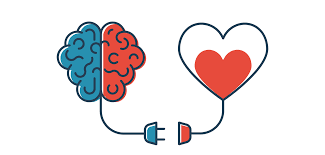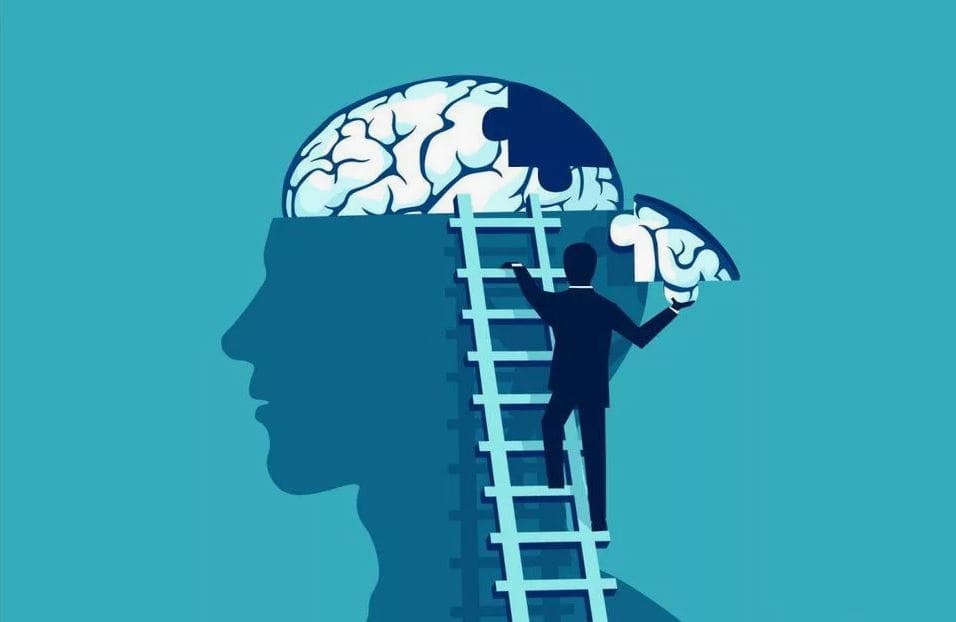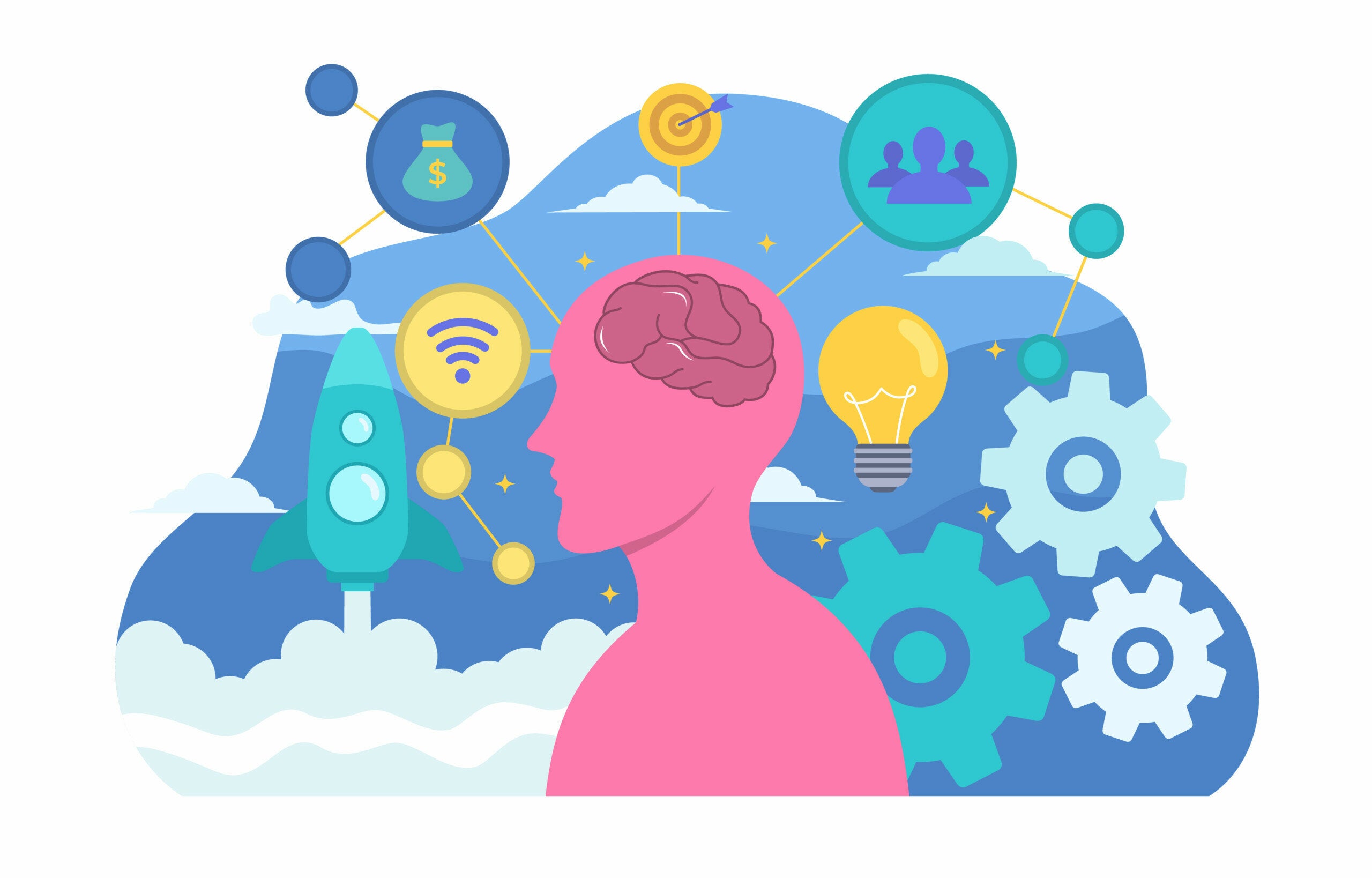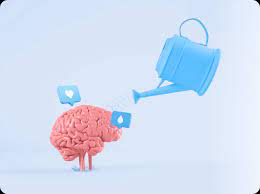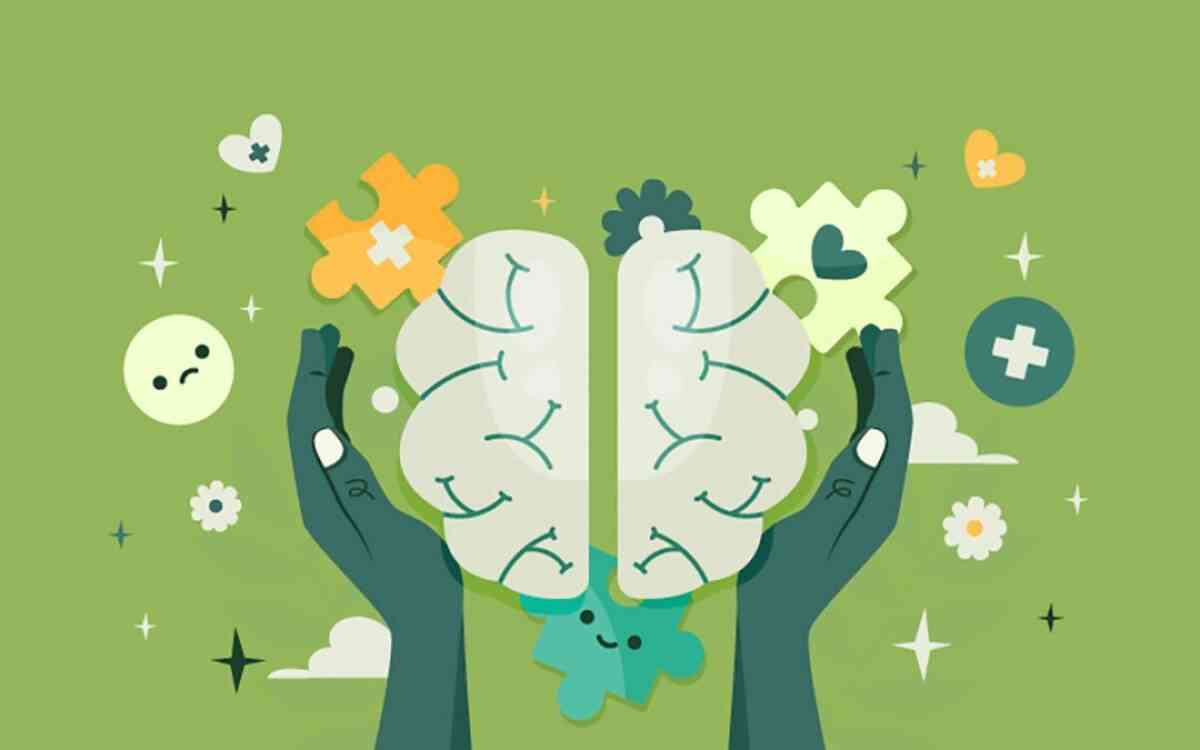What is Emotional Intelligence?
Emotional intelligence (EQ) is the ability to recognize, understand, and manage our own emotions while also being able to recognize, understand, and influence the emotions of others. In technical fields where logical thinking is emphasized, EQ often takes a backseat—yet it can be the differentiating factor between good and exceptional technical professionals.
EQ is often a stronger predictor of career success than technical skills alone.
The Four Components of Emotional Intelligence
Self-Awareness
Understanding your own emotions, strengths, weaknesses, and their impact on others. Technical professionals with high self-awareness recognize when they're frustrated with a project and can prevent that frustration from affecting team dynamics.
Self-Management
Controlling impulsive feelings and behaviors, managing emotions healthily, adapting to changing circumstances, and maintaining a positive outlook. This helps in maintaining focus during complex problem-solving tasks.
Social Awareness
Understanding others' emotions, concerns, and needs, especially in organizational contexts. This skill is crucial when gathering requirements from stakeholders or understanding user needs.
Relationship Management
Developing and maintaining good relationships, communicating clearly, influencing others, managing conflict, and promoting teamwork. Essential for leading technical teams or collaborating on complex projects.
Why EQ Matters in Technical Fields
-
Improved Collaboration
Technical work rarely happens in isolation. Engineers, developers, and IT professionals must collaborate effectively with each other and with non-technical stakeholders.
-
Better Communication of Technical Concepts
EQ helps technical professionals gauge audience understanding and adjust explanations accordingly—an essential skill when communicating with non-technical team members.
-
Enhanced Problem-Solving
Emotions influence decision-making. Understanding these influences can lead to more balanced technical decisions and innovative problem-solving approaches.
-
Greater Career Advancement
As technical professionals advance in their careers, they often move into leadership roles where EQ becomes increasingly important for managing teams and projects.
The EQ Gap in Technical Education
Traditional technical education focuses heavily on hard skills while often neglecting emotional intelligence development. This creates an "EQ gap" that many technical professionals must overcome as they progress in their careers.
According to research, while 67% of the skills required for leaders are technical in nature, it's the remaining 33%—the emotional and social competencies—that often determine long-term success.
Developing EQ as a Technical Professional
Practice Self-Reflection
Set aside time regularly to reflect on your emotions and reactions. After challenging interactions or meetings, ask yourself: How did I feel? How did I react? What triggered these emotions? How might others have perceived my behavior?
Seek Feedback
Request specific feedback on your interpersonal skills from colleagues and managers. Create a safe environment for honest feedback by showing genuine appreciation for constructive criticism.
Develop Active Listening Skills
In technical discussions, focus on understanding others before responding. Practice paraphrasing what others have said to confirm understanding and demonstrate that you value their input.
Expand Your Emotional Vocabulary
Many technical professionals limit their emotional descriptions to basic terms like "good," "bad," "stressed," or "fine." Expanding your emotional vocabulary helps you identify and address specific feelings more effectively.
Practice Empathy
When working on technical projects, take time to understand stakeholders' perspectives and concerns. Consider how your solutions will affect different users and teams beyond just the technical implications.
EQ in Action: Technical Scenarios
Scenario 1: Giving Technical Feedback
Low EQ Approach
"This code is inefficient and poorly structured. You should have used a different approach entirely."
High EQ Approach
"I appreciate the work you put into this. I see some opportunities to improve performance—would you be open to discussing alternative approaches that might make this even better?"
Scenario 2: Managing Technical Disagreements
Low EQ Approach
"I've been working in this field for years, and I'm telling you this is the right approach. We're going with my solution."
High EQ Approach
"We have different perspectives on this. Let's look at the data together and evaluate the pros and cons of each approach. I value your expertise and want to find the optimal solution."
Scenario 3: Explaining Technical Concepts to Non-Technical Stakeholders
Low EQ Approach
"The issue is simple: we're experiencing API latency due to inefficient database queries and outdated caching mechanisms. It's basic computer science."
High EQ Approach
"Our system is taking longer to respond than it should. Think of it like a restaurant where the waiter has to check multiple places before finding your order. We can improve this by creating a better system for storing and retrieving information. Would it be helpful if I showed a diagram of what's happening?"
Professional Development Opportunities
Al Mithaq Institute offers specialized training in emotional intelligence development, particularly tailored for professionals in technical fields. These programs focus on:
- Understanding the unique EQ challenges in technical environments
- Developing emotional awareness in high-pressure technical situations
- Improving communication between technical and non-technical teams
- Using emotional intelligence to enhance technical leadership
- Building resilience and stress management techniques for technical professionals
Our Emotional Intelligence and Life Coaching diplomas provide comprehensive training for technical professionals looking to enhance their career trajectory through improved interpersonal skills.
Frequently Asked Questions
While some aspects of emotional intelligence may come more naturally to certain individuals, research consistently shows that EQ can be developed and improved throughout life. Like any skill, it requires consistent practice and feedback.
Small improvements can be seen within weeks of dedicated practice. However, significant and lasting changes in emotional intelligence typically develop over months of consistent effort and application in real-world situations.
Not at all. Emotional intelligence complements technical skills rather than competing with them. High EQ can actually enhance your ability to apply technical knowledge effectively, particularly in collaborative environments or when explaining complex concepts to others.
Look for improvements in your professional relationships, communication effectiveness, conflict resolution abilities, and feedback from colleagues. Many organizations also offer formal EQ assessments that can provide a baseline and track progress over time.
Conclusion
In today's interconnected technical landscape, emotional intelligence is no longer optional for technical professionals—it's essential. As automation and artificial intelligence continue to handle routine technical tasks, the uniquely human abilities to collaborate, empathize, and communicate effectively become increasingly valuable.
By developing your emotional intelligence alongside your technical expertise, you position yourself for greater career success, more effective teamwork, and ultimately more impactful technical contributions.
The technical professionals who will thrive in the future are those who can bridge the gap between technical excellence and human connection—and emotional intelligence is the bridge that connects these worlds.
